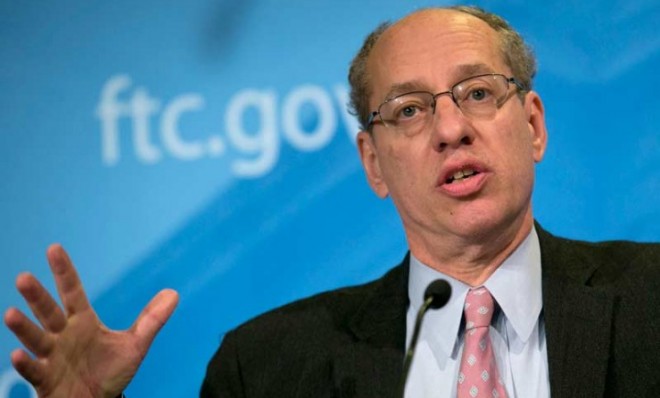Does Google play fair?
The Federal Trade Commission cleared Google of accusations that it skews search results to its favor

A free daily email with the biggest news stories of the day – and the best features from TheWeek.com
You are now subscribed
Your newsletter sign-up was successful
Google just received "the virtual equivalent of a clean antitrust bill of health," said Eric Goldman at Forbes. After almost two years of investigation, the Federal Trade Commission last week cleared the world's most popular search engine of accusations that it skews its search results so that its own shopping and travel sites crowd out those of its rivals. FTC Chairman Jon Leibowitz's announcement naturally disappointed "legions of free spending and very whiny Google enemies." They don't seem to realize that protecting competitors isn't the FTC's job, said Will Oremus at Slate. "When Google searches bring up Google results, it may hurt Yahoo, but it doesn't necessarily hurt the consumer. "Besides, Google's search dominance "will last only as long as the public believes that Google delivers the best results." That's why the FTC's forbearance "makes perfect sense."
It's not that simple, said Bloomberg in an editorial. By standing down, the FTC missed a chance to determine "whether Google is leveraging its overwhelming dominance of search into unassailable market power in other areas." If you think it isn't, try searching for flights on Google. What you'll see is a short list of airfares from Google's advertisers, then a "Google flight search" box with the company's own compilation of fares. "Only after that do online travel services, including Expedia, Kayak, and TripAdvisor, appear." Isn't it bad for consumers if rival services such as those "go out of business because they can't compete with Google?" It may well be, said Matt Buchanan at BuzzFeed. But consumers apparently don't see it that way. The FTC said it analyzed "click-through data" and found that consumers react to Google's proprietary content in a way that suggests they benefit from it. In other words, Google "heard you liked Google so it put some more Google in your Google results."
So much for the Obama administration's vaunted "tougher line on antitrust violations," said Brent Kendall and Thomas Catan at The Wall Street Journal. The FTC did wring some minor concessions from Google, which promised to no longer "scrape" reviews from rival sites like Yelp for inclusion in its own reviews of restaurants and other services. But this decision really proves how cautious U.S. antitrust enforcement remains. Google's foes, including Microsoft, "are now pinning their hopes" on the European Commission, which could apply its "broader antitrust powers" to Google — much as it did to Microsoft itself in the 1990s.
The Week
Escape your echo chamber. Get the facts behind the news, plus analysis from multiple perspectives.

Sign up for The Week's Free Newsletters
From our morning news briefing to a weekly Good News Newsletter, get the best of The Week delivered directly to your inbox.
From our morning news briefing to a weekly Good News Newsletter, get the best of The Week delivered directly to your inbox.
A free daily email with the biggest news stories of the day – and the best features from TheWeek.com